One Young World's Ella Robertson McKay: "COP26 has seen more of an effort to include young voices than ever before"

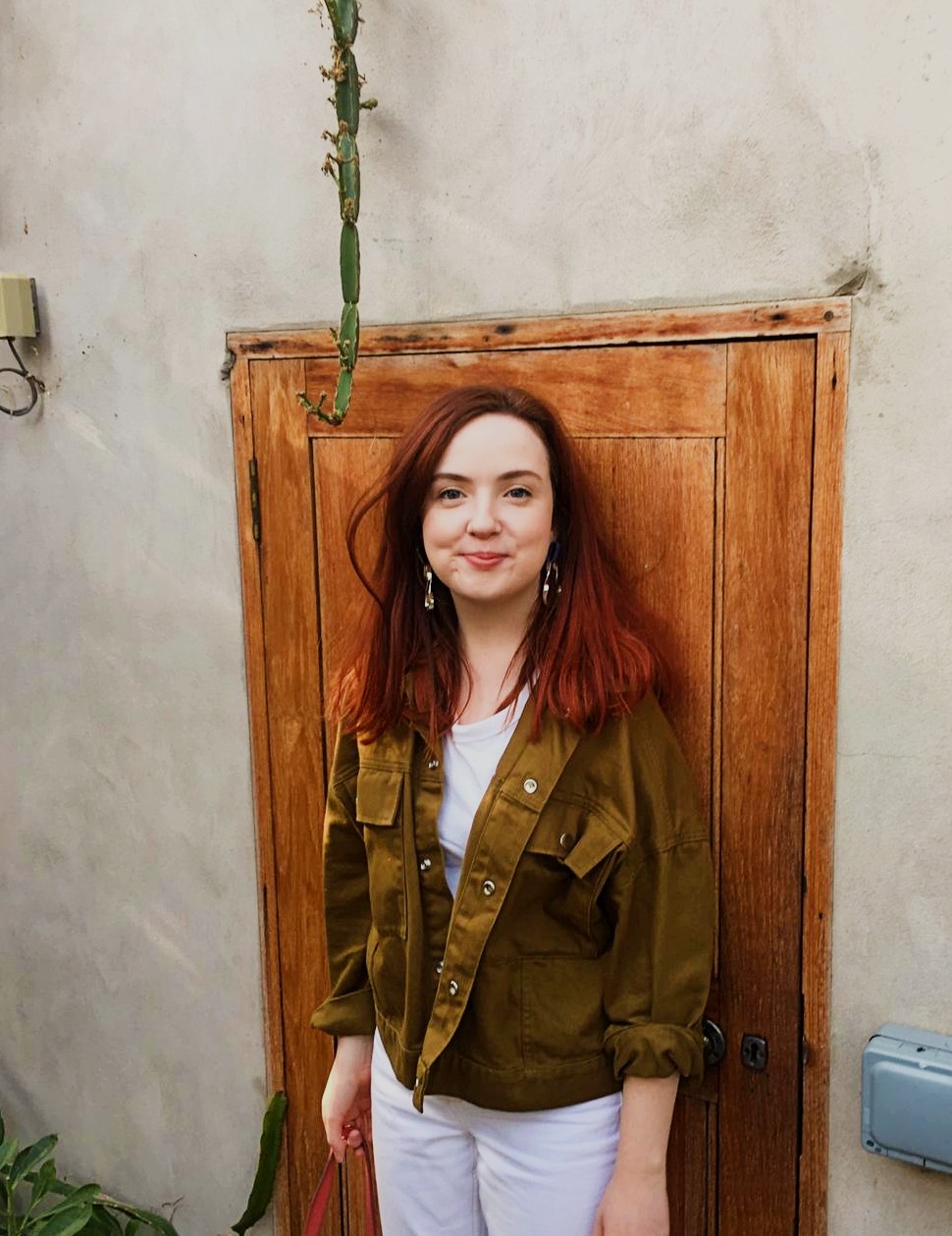
As COP26 draws to a close, one resounding question remains: what actually happens now?
With frustrated youth activists calling for the climate crisis to be granted the same global status of emergency as the Covid-19 pandemic, there’s no doubt that young people have played a crucial role in this year’s conference – thanks, in no small part, to Gen Z activists like Greta Thunberg, Vanessa Nakate, and the UK’s own Mya-Rose Craig.
"At this year’s COP, you could really feel a tangible difference from previous years. There has been more of an effort to include voices of young people and future generations than ever before. Climate activists have truly moved the needle, and their voices are central to the debate," says Ella Robertson McKay, Managing Director, International, of young leaders forum One Young World (and Marie Claire Sustainability Awards judging alumni).
Founded by Kate Robertson and David Jones in 2009, the organisation, which counts Meghan Markle, Emma Watson and Dame Jane Goodall among its supporters, was created to remedy a "leadership vacuum" in today’s world.
"COP26 has made clear that the groundswell of public support for measures to address climate change has not necessarily been reflected by the actions of those in power," Robertson McKay, who has spent the last decade growing OYW’s global impact, says. "For policies that truly reflect the tone of public debate, we need more decision-makers with more diverse perspectives and backgrounds to bring about truly comprehensive climate solutions."
Robertson McKay, who oversees the annual One Young World Summit – a gathering of young ambassadors that has taken place in nine different cities (and counting) across the world – believes that when it comes to the climate crisis, "at the moment, our leadership is not bold enough".
"Reducing carbon emissions by tiny fractions over decades isn’t going to keep us below the crucial 1.5 degree warming threshold. Simply put, we don’t have time. We need leaders to show an understanding of the climate emergency we are living in, and to bring about the measures to protect the planet for future generations."
Marie Claire Newsletter
Celebrity news, beauty, fashion advice, and fascinating features, delivered straight to your inbox!
Echoing the sentiments of young climate activists, she adds, "Covid-19 showed that, in a real emergency, drastic changes can be made and resources can be mobilised with incredible pace – we need to bring the same level of transformative urgency to climate action."
So what happens next when it comes to tackling what the UN secretary general Antonio Guterres calls a “code red for humanity”? We caught up with Robertson McKay fresh from Glasgow to find out.
Young women have really been the driving force behind much of recent grassroots campaigning on climate change. Is COP26 allowing young people a place at the table to have their views heard?
It’s great that so many inspiring activists were at COP delivering speeches and participating in debates, but their fears and concerns now need to be taken into account in the decision-making process.
There’s a clear concern that activists are used as a photo opportunity rather than as groups with whom decision makers need to meaningfully engage. Ultimately, we need greater diversity among decision makers. The average age of world leaders is 62 and more than 81% are male. We are pleased to be working with the Future Generations Commissioner for Wales whose job is to ensure that statutes take the wellbeing of future generations into account – more countries need these sorts of mechanisms to ensure that the concerns of young people aren’t side-lined.
The One Young World Summit is similar to COP in its ambition to accelerate crucial change. Can you tell us a little more about how the organisation is supporting young leaders as they develop into the decision makers of tomorrow?
Much of what we do centres around the community that we have created. There are over 13,700 young leaders in our global network, and we believe that creating these networks of activists is vital in maximising the impact of their work.
One of the biggest issues young people face is lack of network and lack of credibility – we seek to close this gap by giving them a global platform alongside world leaders who can listen to what they have to say and amplify their message.
It’s also important that young people who have the ideas and the technology to solve the world’s problems are adequately resourced – we take pride in mobilising resources and support to help scale initiatives around the world. We are the world’s biggest grant maker for young people taking action on the Sustainable Development Goals – with more than $1.5 million given away through our Lead 2030 accelerator.
One Young World’s work in identifying, promoting and connecting young leaders is highly effective – since 2010, One Young Word Ambassadors have impacted the lives of more than 30 million people around the world.
You’ve long been an advocate for better gender representation in British politics. What are some of the ways in which the climate crisis intersects with, and has a knock-on effect on, other social issues?
No social issue exists in a vacuum. The climate crisis is the ultimate intersectional issue. At One Young World, we’re acutely aware of the fact that we cannot talk about the climate crisis without recognising that it is also an inequality and race issue.
We know that 80% of the world’s biodiversity lies at the hands of indingineous people, so it is pivotal that we listen to and learn from indingenous communities. One Young World has a strategic focus on indingenous young leaders, and it’s important that their voices are at the centre of all discussions – they are on the frontline of climate change, but also have the knowledge we all need to work with nature and protect it.
From a personal perspective, I’m really inspired by many of the eco-feminists I’ve met in Glasgow over the past few days. President Mary Robinson offers a climate justice prize funded through One Young World, and she says that “the face of climate change shouldn’t be a polar bear, it should be a mother”, because so often women are most impacted by issues like water and food scarcity.
Kate McCusker is a freelance writer at Marie Claire UK, having joined the team in 2019. She studied fashion journalism at Central Saint Martins, and her byline has also appeared in Dezeen, British Vogue, The Times and woman&home. In no particular order, her big loves are: design, good fiction, bad reality shows and the risible interiors of celebrity houses.
-
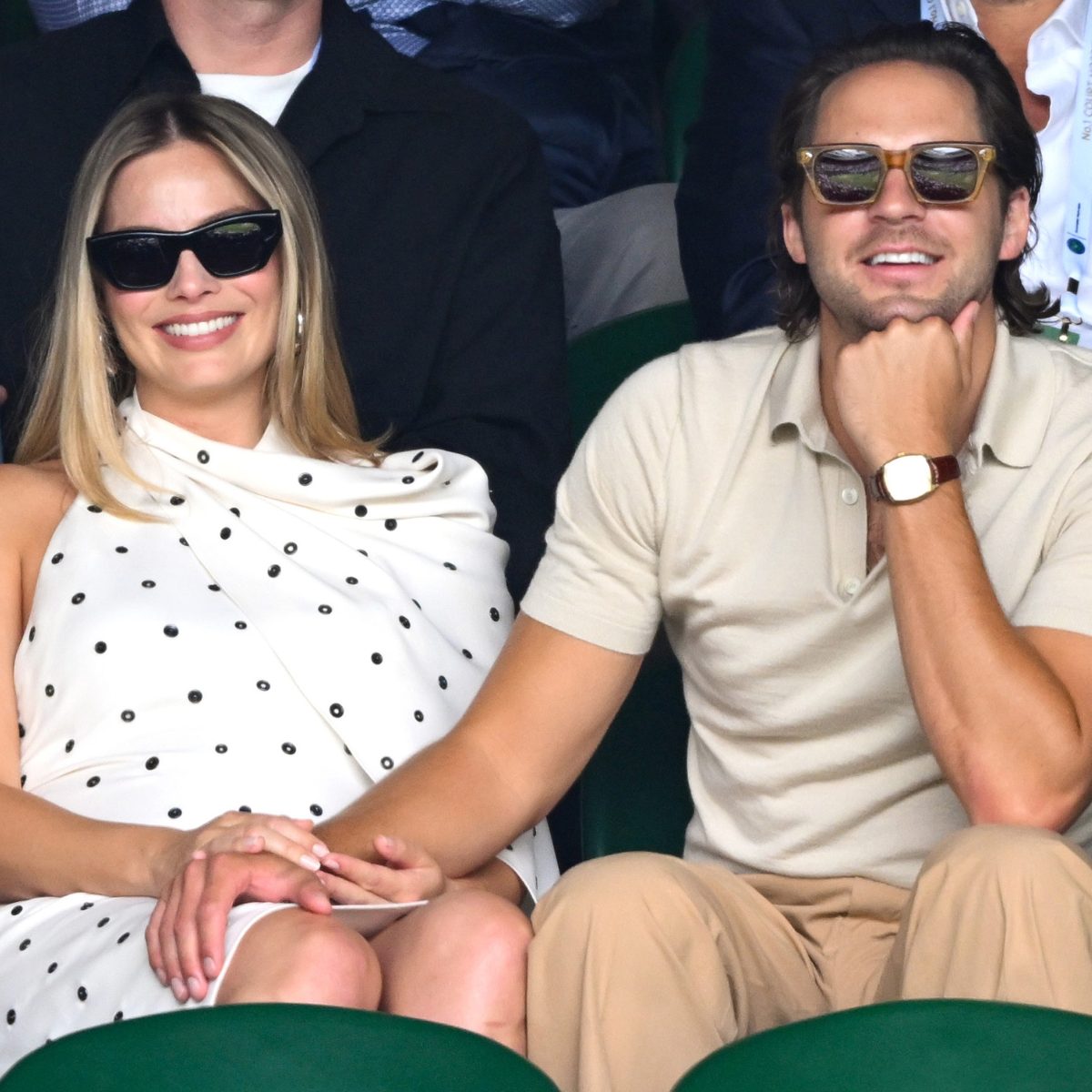 Margot Robbie's new necklace has the most emotional meaning
Margot Robbie's new necklace has the most emotional meaningSo sweet
By Iris Goldsztajn
-
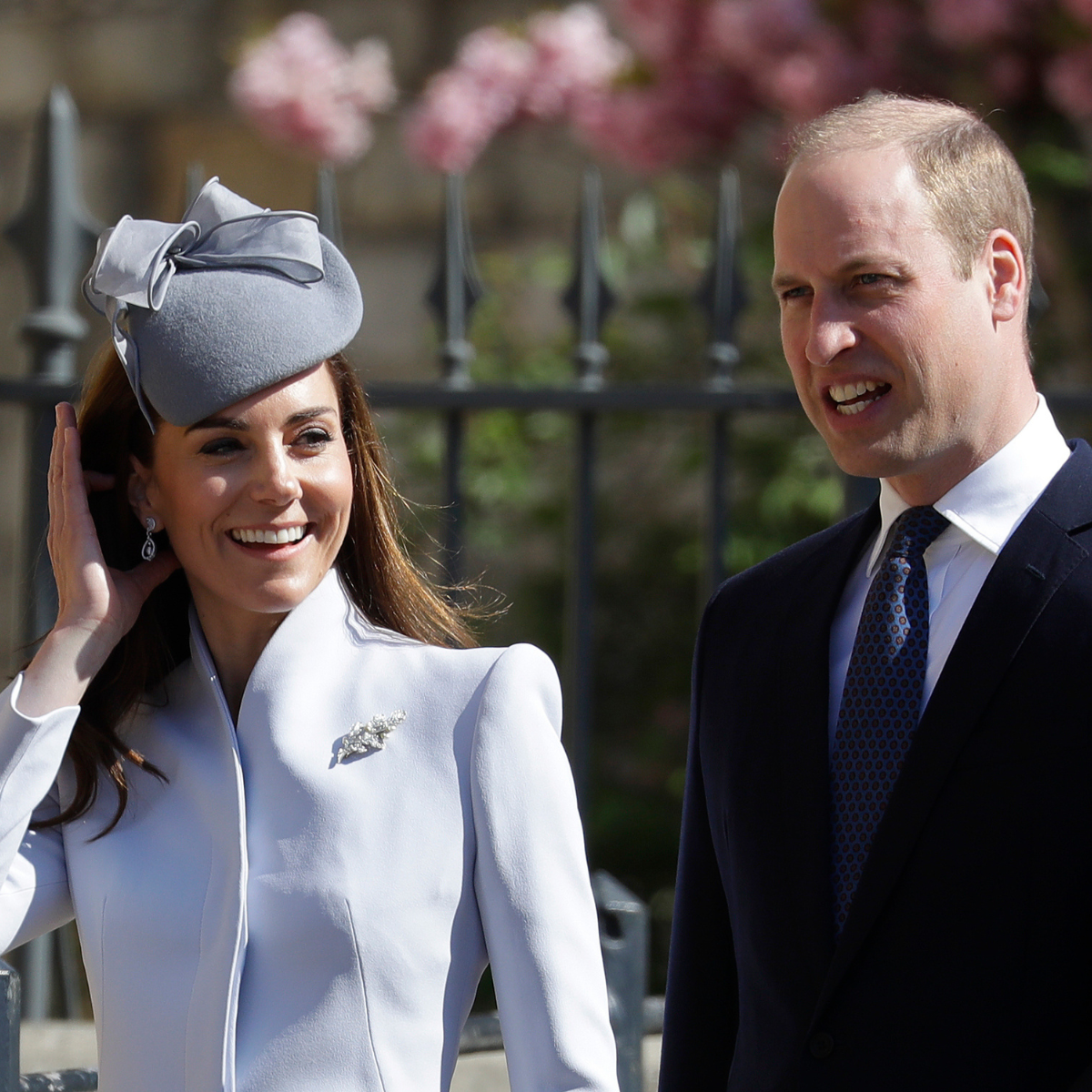 Why Kate and William made the shock decision to skip Easter service
Why Kate and William made the shock decision to skip Easter serviceThey're usually a mainstay at the annual event
By Iris Goldsztajn
-
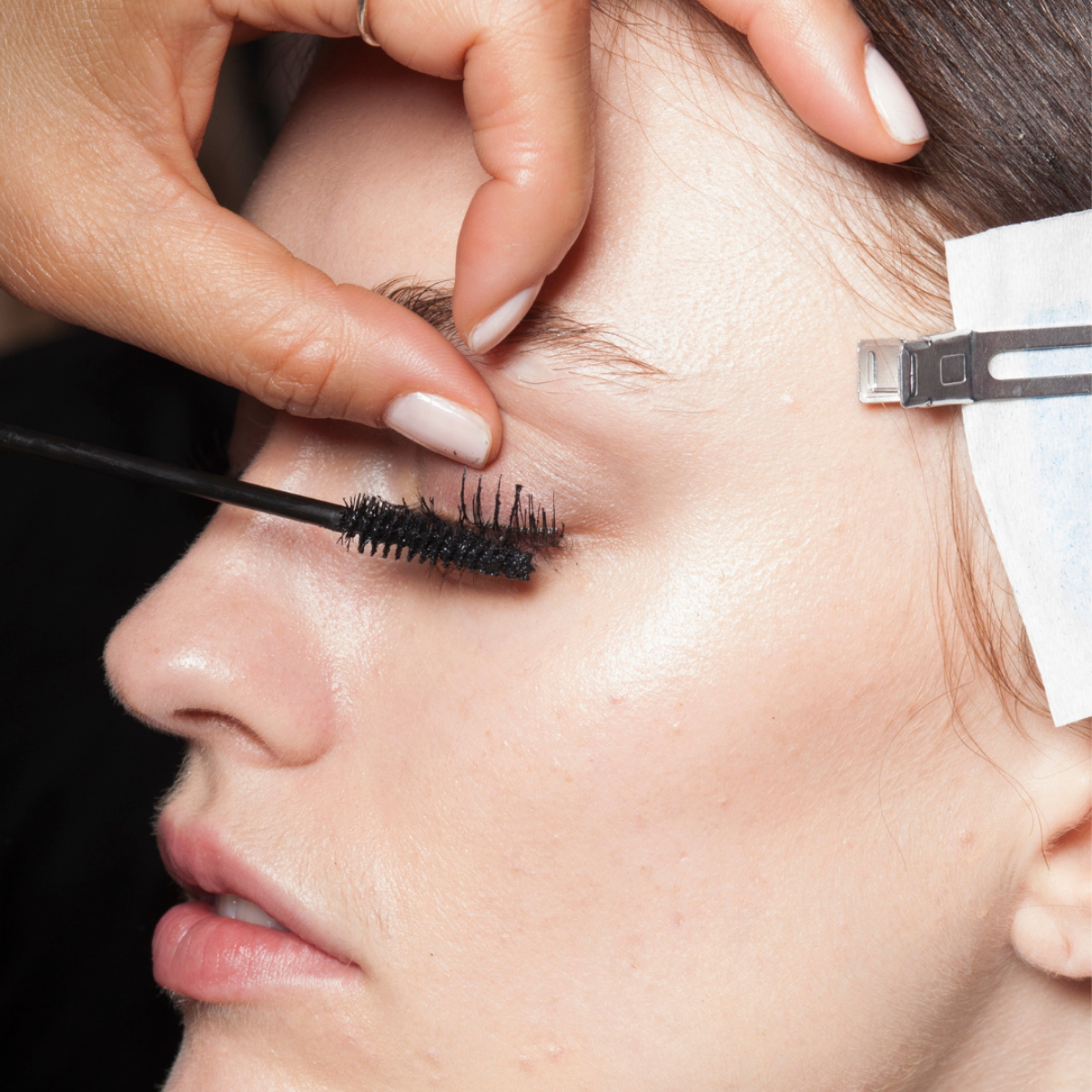 I get lash lifts regularly—here’s how I combat 'lash dehydration’, as per expert advice
I get lash lifts regularly—here’s how I combat 'lash dehydration’, as per expert adviceHow I've got my flutter back on track...
By Rebecca Fearn
-
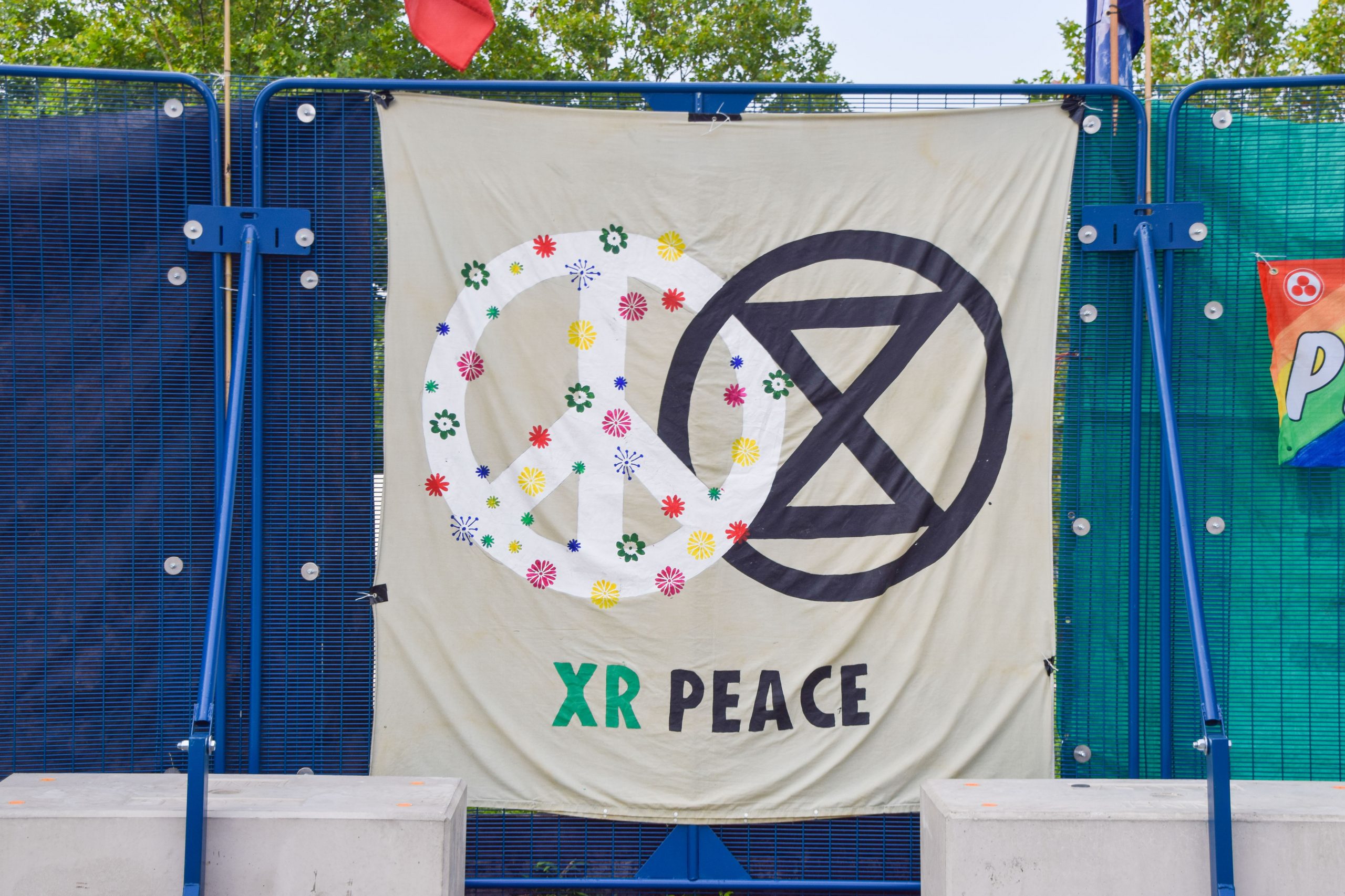 Shell abandons plans to build controversial Cambo oil field after fierce campaign
Shell abandons plans to build controversial Cambo oil field after fierce campaignIt would have produced ten times the amount of emissions that Scotland does
By Ally Head
-
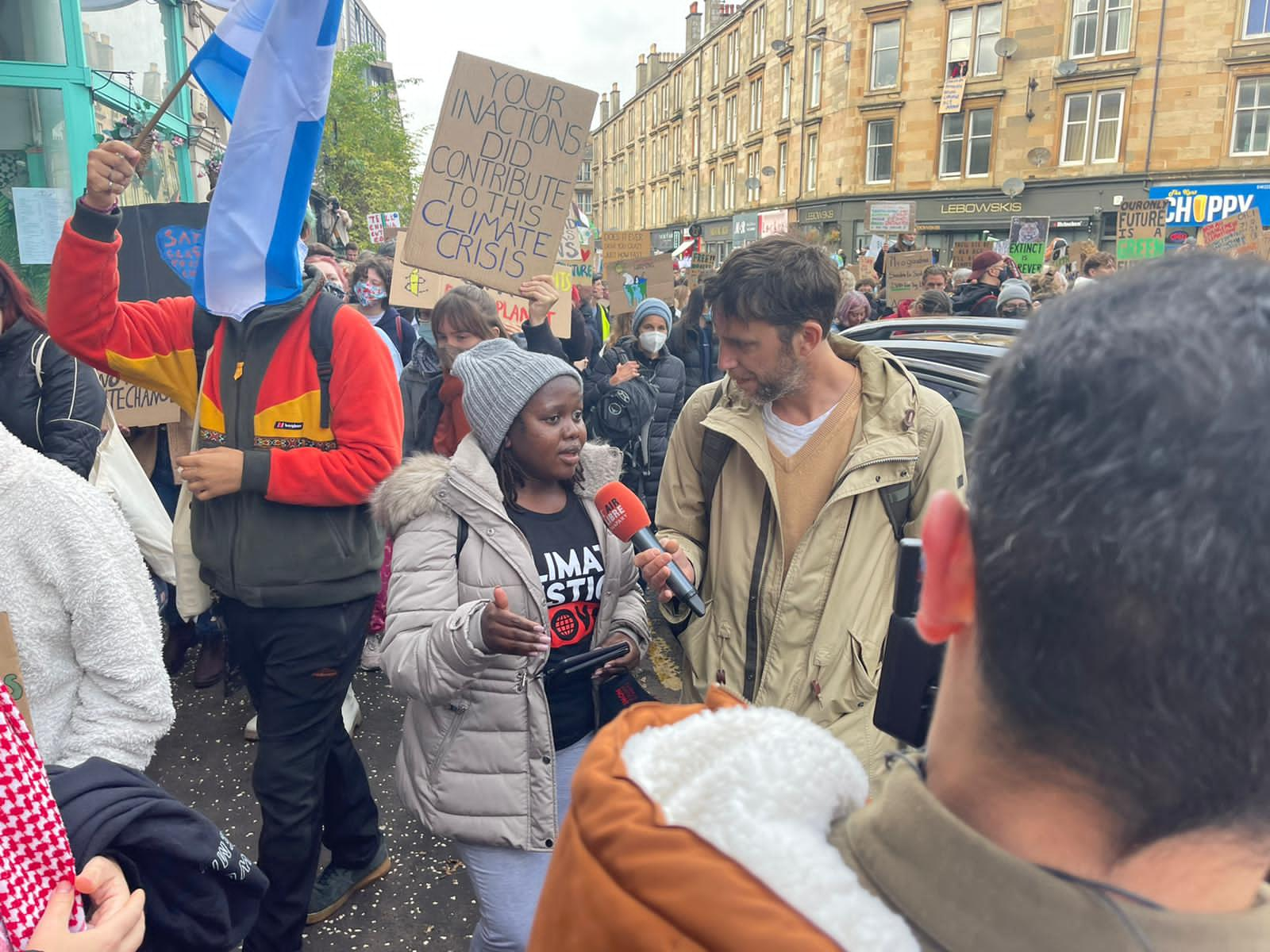 COP26 outcomes: were any positive pledges to benefit women and girls made?
COP26 outcomes: were any positive pledges to benefit women and girls made?From Kenya to Glasgow, one activist shares her fight for women and girls at COP26
By Ally Head
-
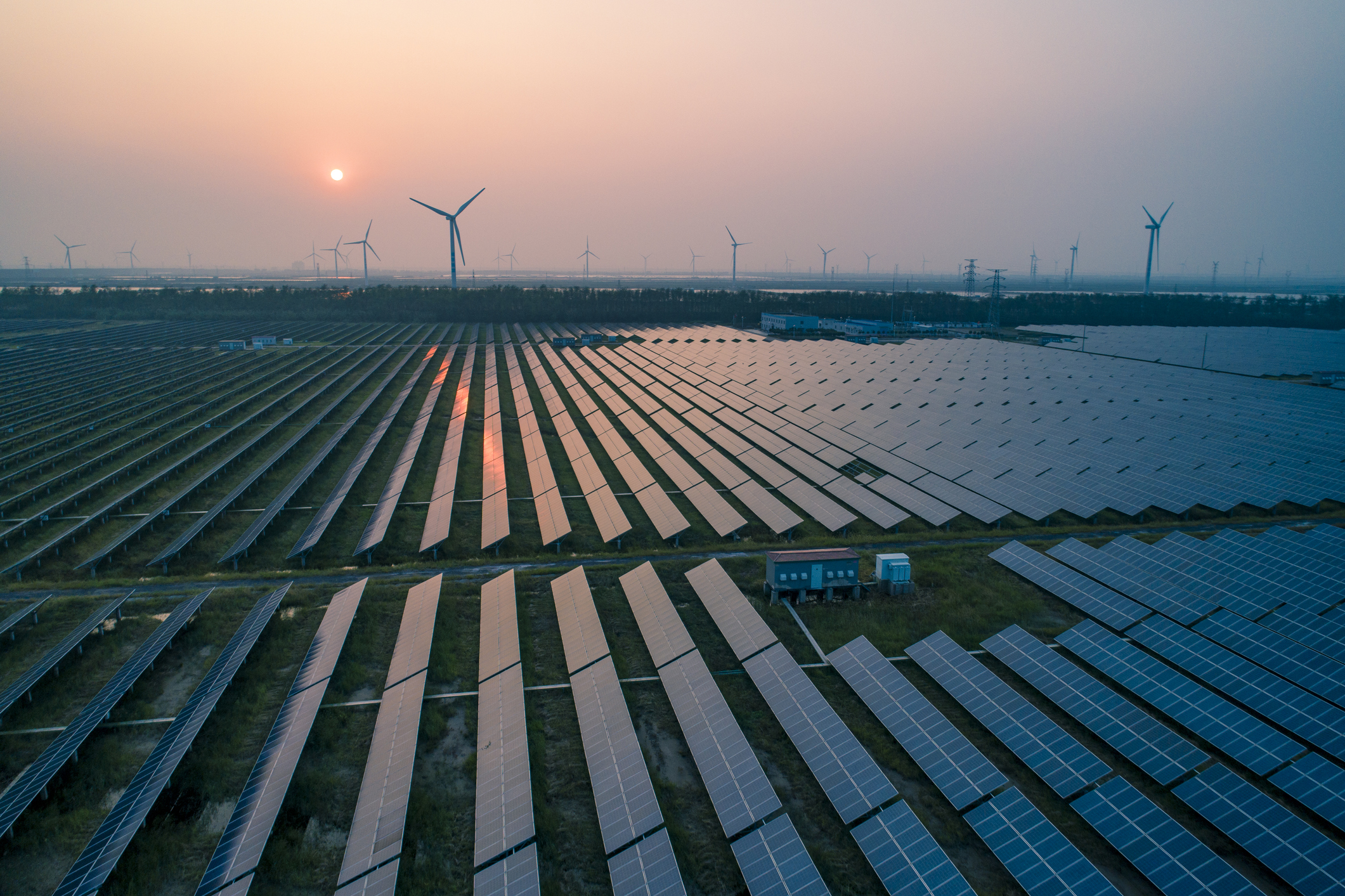 As more than 40 countries pledge to quit coal at COP26: Learn the meaning of net zero
As more than 40 countries pledge to quit coal at COP26: Learn the meaning of net zeroIt's one of the most important focuses of the conference.
By Ally Head
-
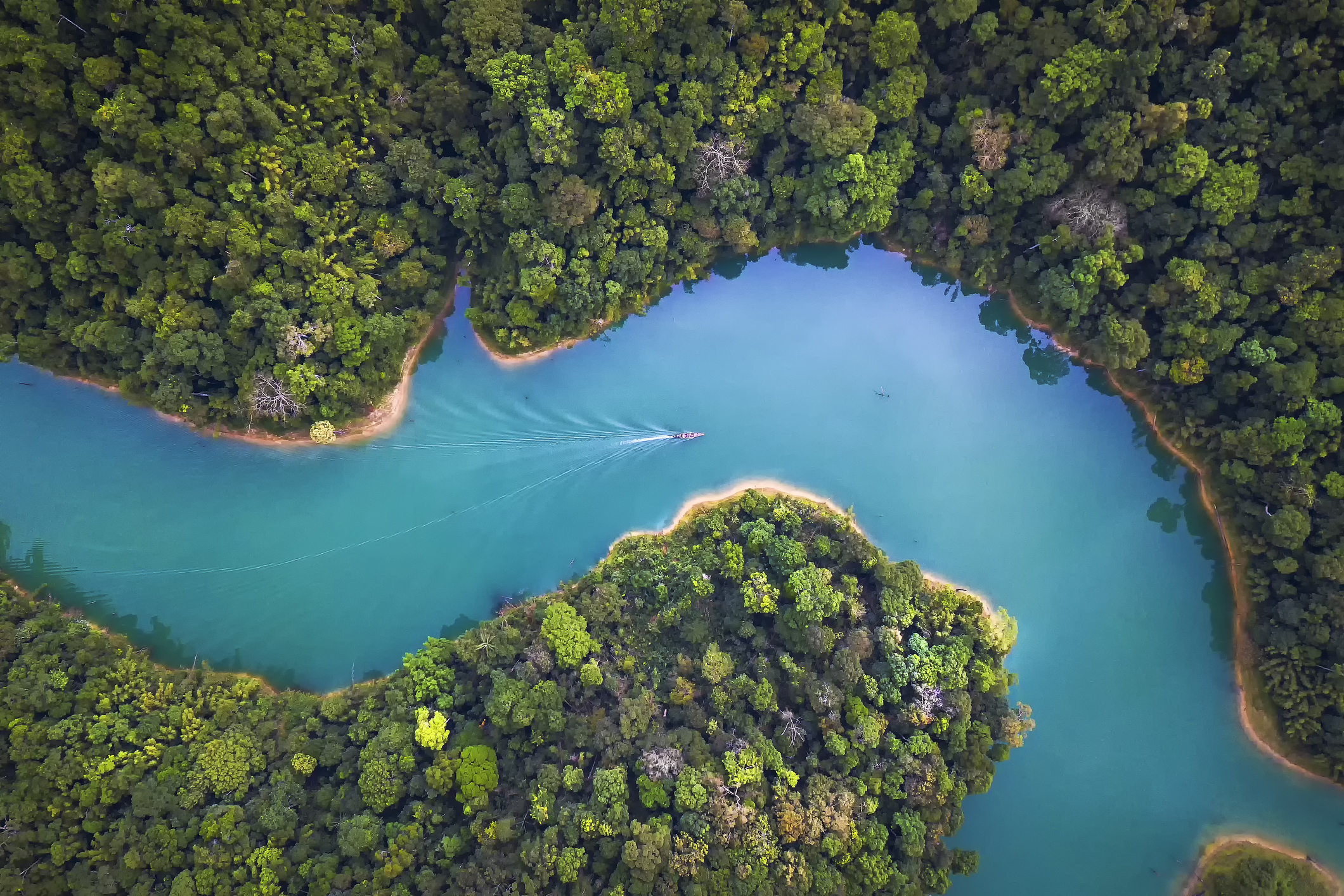 COP26: Your complete guide to the conference, plus how you can get involved
COP26: Your complete guide to the conference, plus how you can get involvedIt marks one of the most important climate events since 2015, when the landmark Paris Agreement was reached.
By Ally Head
-
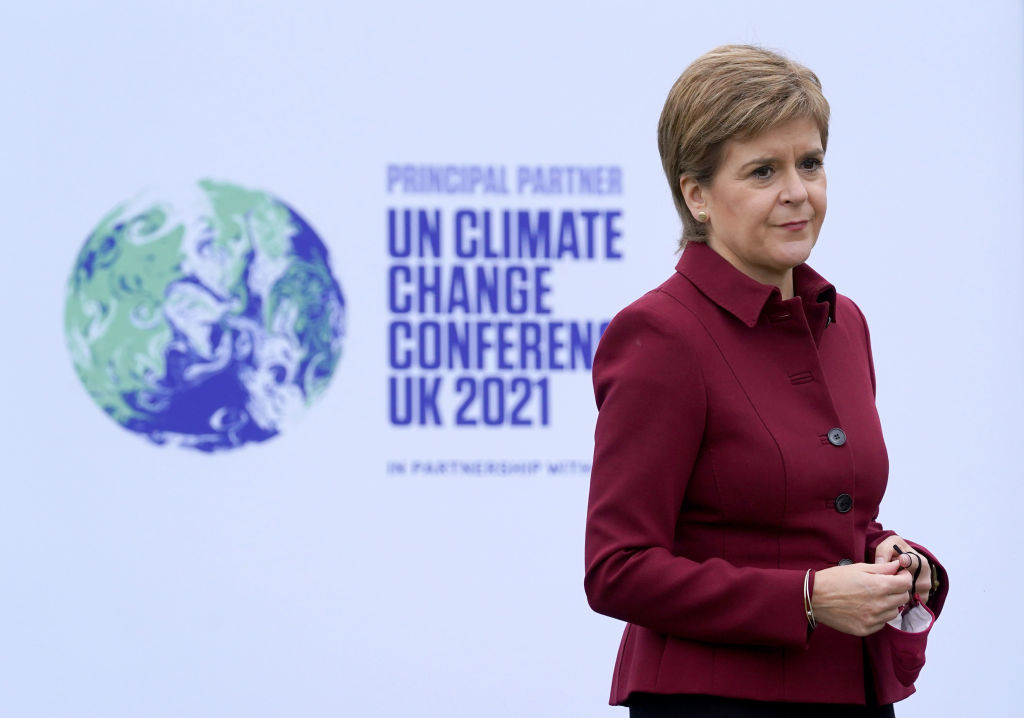 As the biggest climate event of the decade kicks off, we ask: where are all the women of COP26?
As the biggest climate event of the decade kicks off, we ask: where are all the women of COP26?Did you know? Last year, when the COP26 core team line up was released, it only included two women which, in a team of 12, equaled just 16% of the top roles.
By Ally Head
-
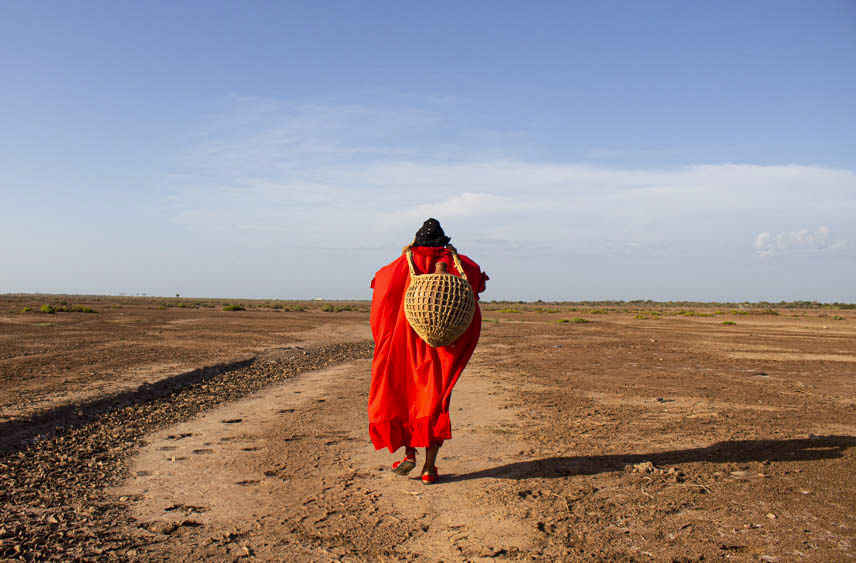 Climate change is impacting women more than men - here's how
Climate change is impacting women more than men - here's howWith COP26 currently underway, we ask: is it possible that climate change is impacting women more than men?
By Ally Head
-
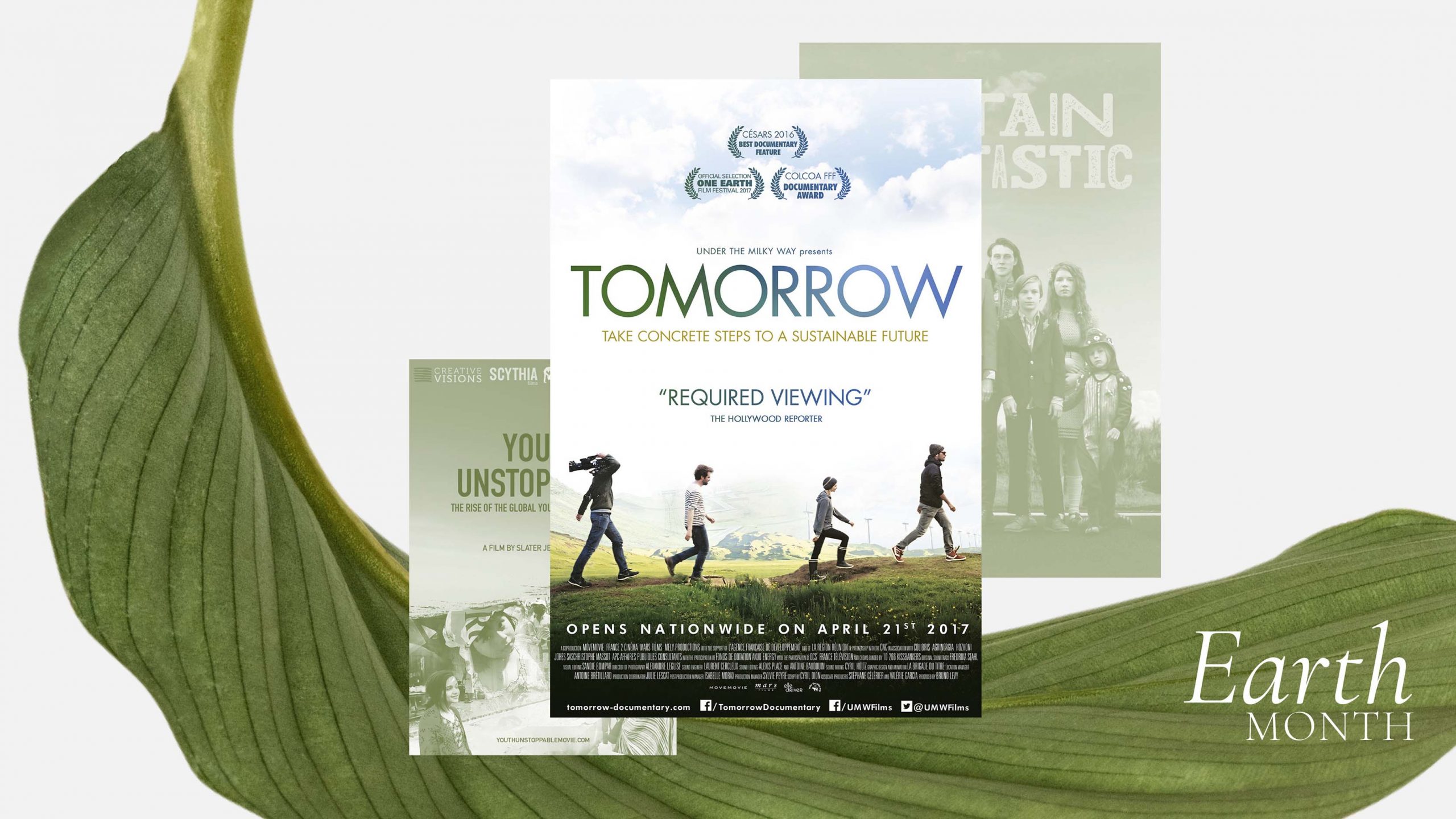 11 environmental documentaries to watch now to inspire a more sustainable way of living
11 environmental documentaries to watch now to inspire a more sustainable way of livingBookmark these for later.
By Ally Head
-
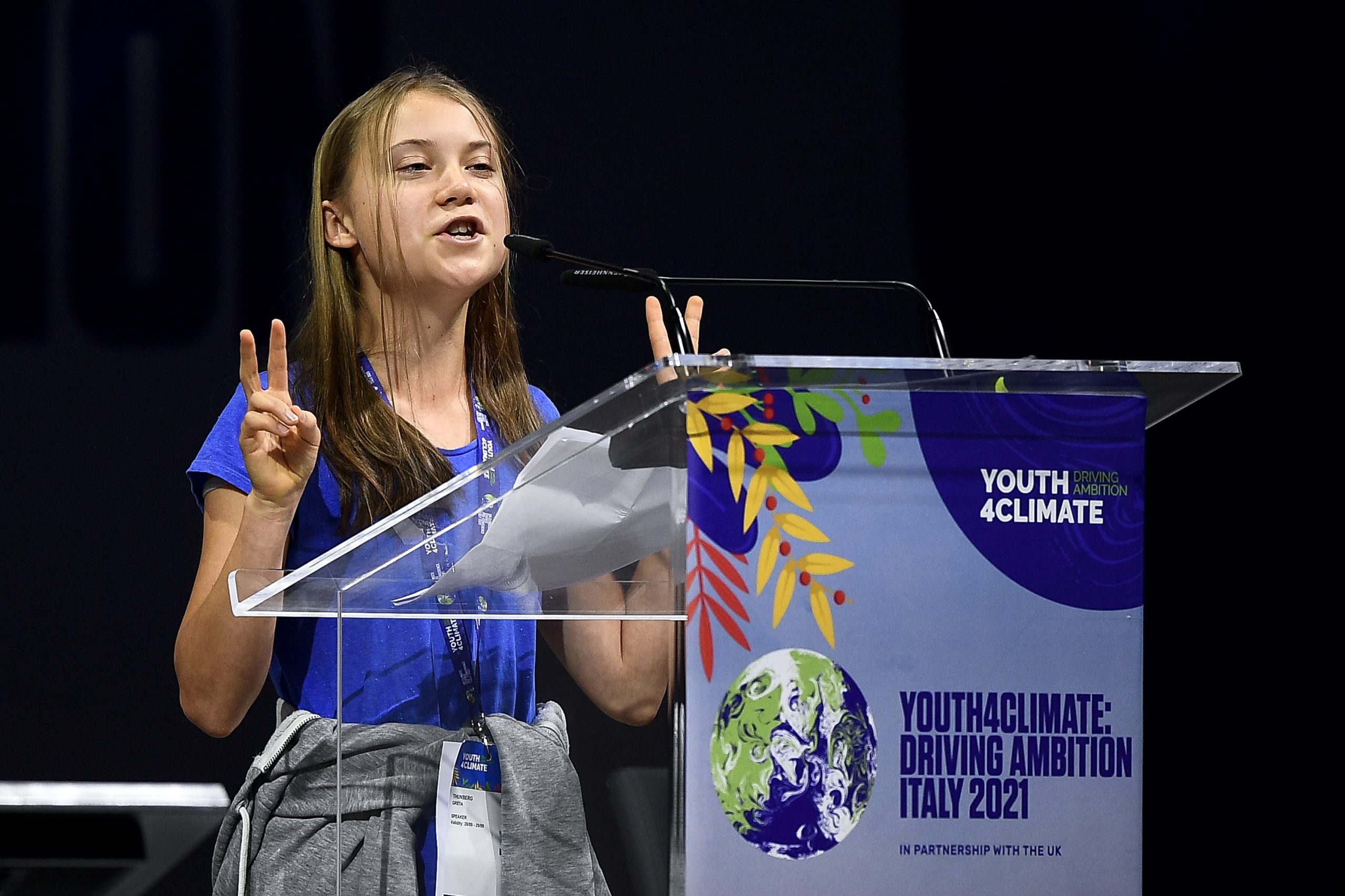 Greta Thunberg asks world leaders to stop delivering ‘empty promises’ at Youth4Climate
Greta Thunberg asks world leaders to stop delivering ‘empty promises’ at Youth4ClimateBy Ally Head